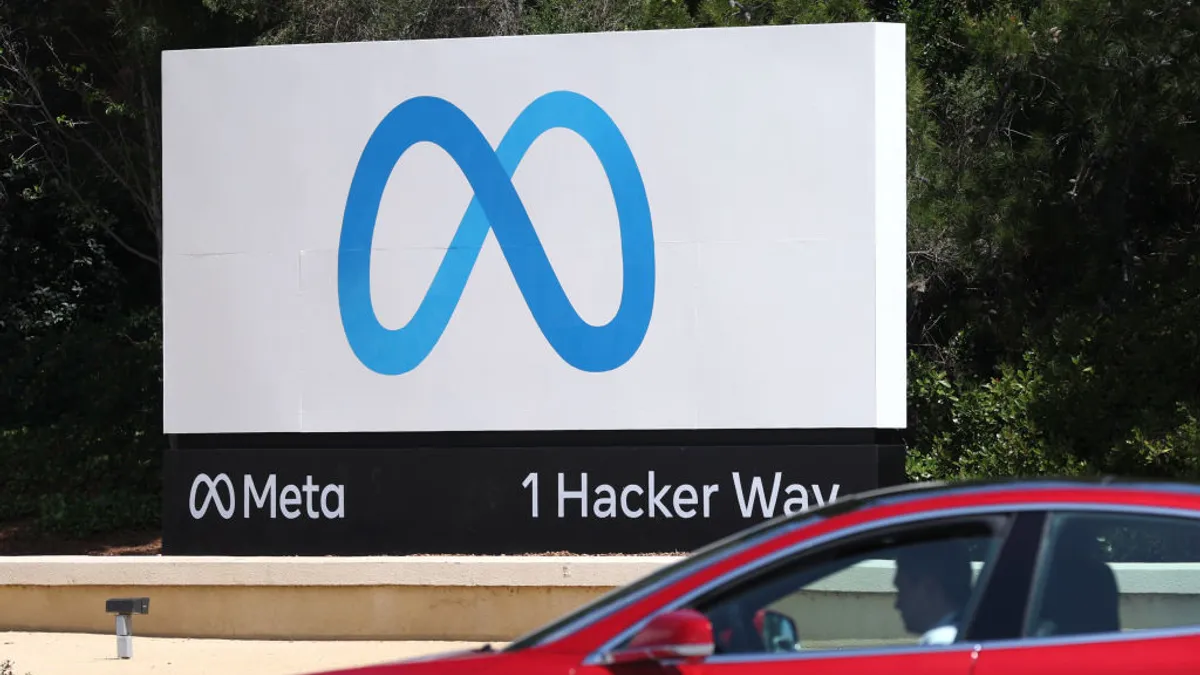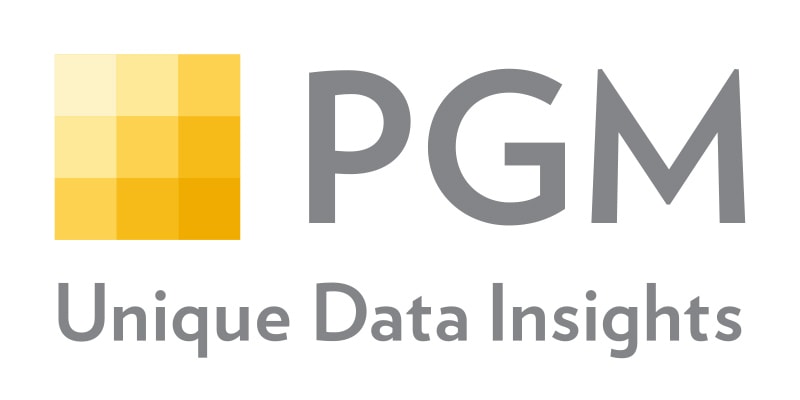Dive Brief:
- Meta Platforms grew revenue 16% year over year to $42.31 billion in Q1 2025, according to an earnings statement. The company beat expectations and expects Q2 revenue in the range of $42.5 billion to $45.5 billion in a “dynamic macro environment.”
- Ad impressions for its family of apps increased by 5% year over year, while average price-per-ad increased by 10% year over year. Daily active people (DAP) increased 6% year over year to an average of 3.43 billion for March 2025.
- While the online commerce vertical was the largest contributor to year-over-year growth in ad revenue, Asia-based e-commerce firms reduced spend in the U.S., possibly as a result of ongoing battles over trade.
Dive Insight:
Meta’s ad business stayed strong in Q1, proving that concerns over its pullback on fact-checking did not immediately cause advertisers to retreat due to brand safety concerns. Despite some shifts in spend due to the changes in U.S. trade policy, like the end of the de minimis exemption, the company still saw generally healthy trends in April.
Amid uncertainty in global trade, online commerce was still the largest contributor to year-over-year ad revenue growth, with ad impression growth mainly driven by the Asia-Pacific region. Increased advertiser demand drove pricing growth, partly due to improved ad performance. Meta also recently opened advertising on Threads to all advertisers in more than 30 markets, but still does not expect the platform to be a meaningful driver of impression or revenue growth this year.
As Meta’s revenue growth slows — revenue grew 21% in Q4 compared to 16% in Q1 — the company continues working to increase monetization efficiency by improving marketing performance. The company in Q1 introduced the Generative Ads Recommendation Model for ad ranking. Early tests in Reels drove up to a 5% increase in ad conversions, and the model is now being rolled out to additional platforms.
Along with adding features to its Advantage+ suite of artificial intelligence-powered tools, Meta is also working to help advertisers drive results. A new incremental attribution feature has shown strong results in testing, with advertising seeing an average 46% lift in incremental conversions compared to business-as-usual.
“Our goal is to make it so that any business can basically tell us what objective they're trying to achieve like selling something or getting a new customer and how much they're willing to pay for each result, and then we just do the rest,” CEO Mark Zuckerberg said on a call around the earnings.
AI was a major topic of the earnings call, which came a day after Meta’s first-ever AI developer conference, LlamaCon. The company continues to trumpet its investments and developments in the buzzy tech, highlighting improved advertising as a key opportunity in the space. Meta hopes to redefine advertising as “an AI agent that delivers measurable business results at scale,” Zuckerberg said on the call.
“If we deliver on this vision, then over the coming years, I think that the increased productivity from AI will make advertising a meaningfully larger share of global GDP than it is today,” the executive said, noting a 30% increase in advertisers using AI creative tools in the last quarter.
Despite the continued strength of its ad business and promising early results from its AI investments, Meta still faces legal and regulatory headwinds in the EU and the U.S. that could “significantly impact” its business and future financial performance, said CFO Susan Li. Meta’s ad-free subscription model was recently ruled not compliant with the Digital Markets Act by the European Commission, a decision the company will appeal.
“We expect we will need to make some modifications to our model, which could result in a materially worse user experience for European users and a significant impact to our European business and revenue as early as the third quarter of 2025,” Li said.
Meta is also facing an antitrust case in the U.S. that could potentially split up the company, which includes its Facebook, Instagram and WhatsApp platforms. The regulatory pressure, uncertain macroeconomic landscape and the continued losses from its Reality Labs division could give investors pause.
“I predict come end of this year, Meta will shutter its metaverse projects, like Horizon Worlds. This would allow the company to give more focus to its AI projects including Llama, Meta AI, and AI glasses,” said Mike Proulx, vice president and research director at Forrester, in emailed comments. “Not only has Meta made demonstrable strides with AI, but it’s helping to future proof Meta as a growth company should its family of apps get decimated by the current anti-trust case.”














